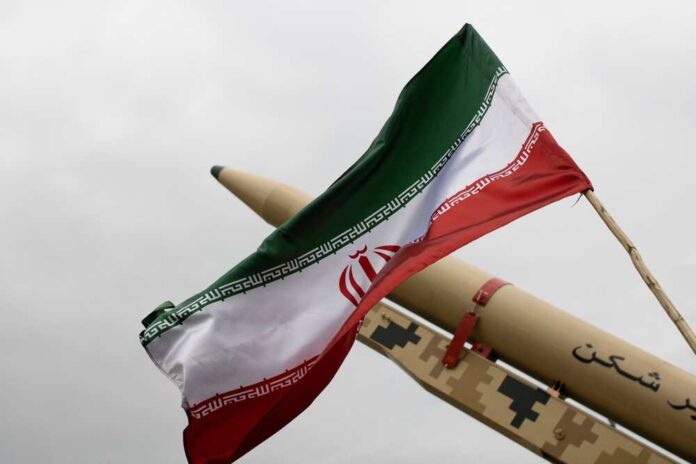
In response to a murderous attack on its consulate in Damascus, Syria, Iran threatened vengeance by sending drones and missiles against Israel.
The consulate attack was generally considered to have been carried out by Israel, but the country has not officially claimed responsibility.
This is Iran’s first direct strike on Israel.
For many years, Israel and Iran had been involved in a covert conflict, during which they would launch attacks against one other’s assets without taking credit.
During the ongoing conflict in Gaza, which began in October with an assault on surrounding Israeli towns by the Palestinian organization Hamas, the frequency and severity of these strikes have increased dramatically.
Once close friends, the two nations’ alliance ended with Iran’s 1979 Islamic revolution, which installed a government that has made anti-Israelism central to its philosophy.
Iran wants to see Israel destroyed because it rejects Israel’s right to exist.
They say Israel is a cancerous tumor that will undoubtedly be uprooted and destroyed, according to Ayatollah Ali Khamenei, the country’s supreme leader.
Iran denies any secret nuclear weapons pursuits, but Israel views Tehran’s rhetoric, proxy forces sworn to destroy Israel, financing and arming of Palestinian groups like Hamas and the Lebanese Shia militant group Hezbollah as proof of an existential threat from Iran.
A top Iranian commander was killed in an air strike on an Iranian consulate facility in Damascus, Syria, on April 1. Iran claims that Saturday night’s assault on Israel is a reprisal of that attack.
As a result of what it saw as an infringement on its sovereignty, Iran holds Israel responsible for the airstrike. Although Israel has not officially claimed responsibility, the assumption is that it was responsible.
Attacks on Iranian sites have been associated with Israel in recent airstrikes, and the consulate bombing is the latest in this trend. Airstrikes in Syria have recently killed many top leaders of the Islamic Revolutionary Guard Corps (IRGC).














